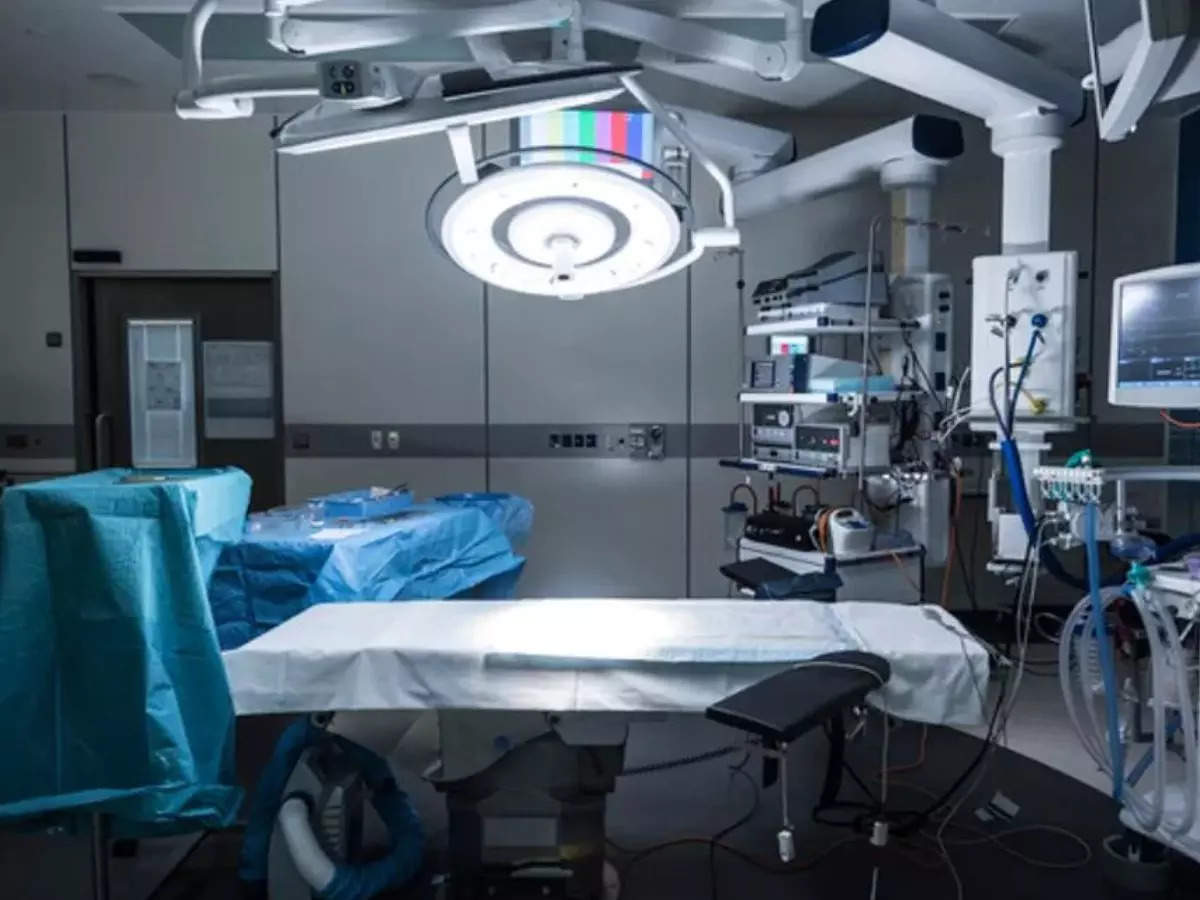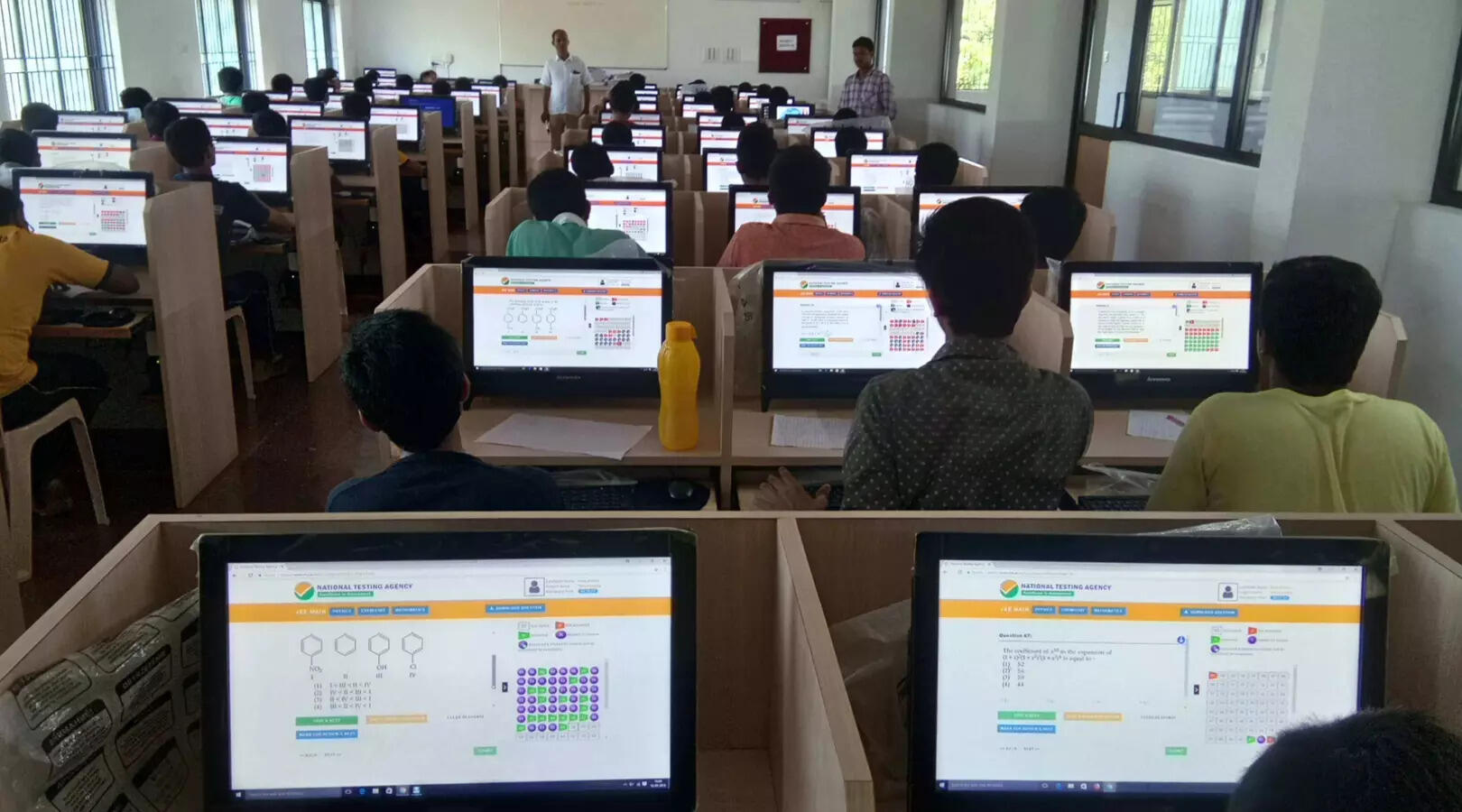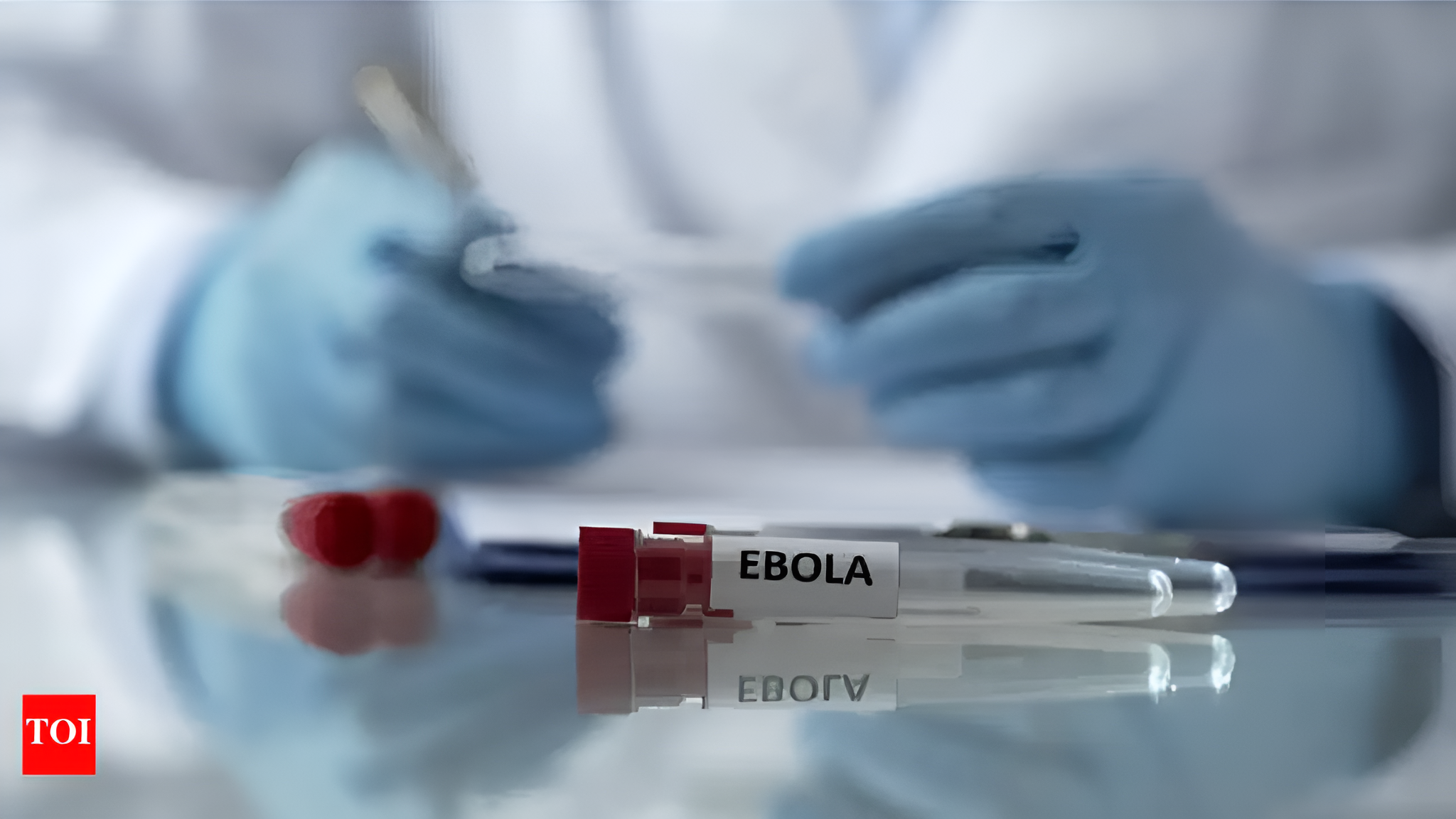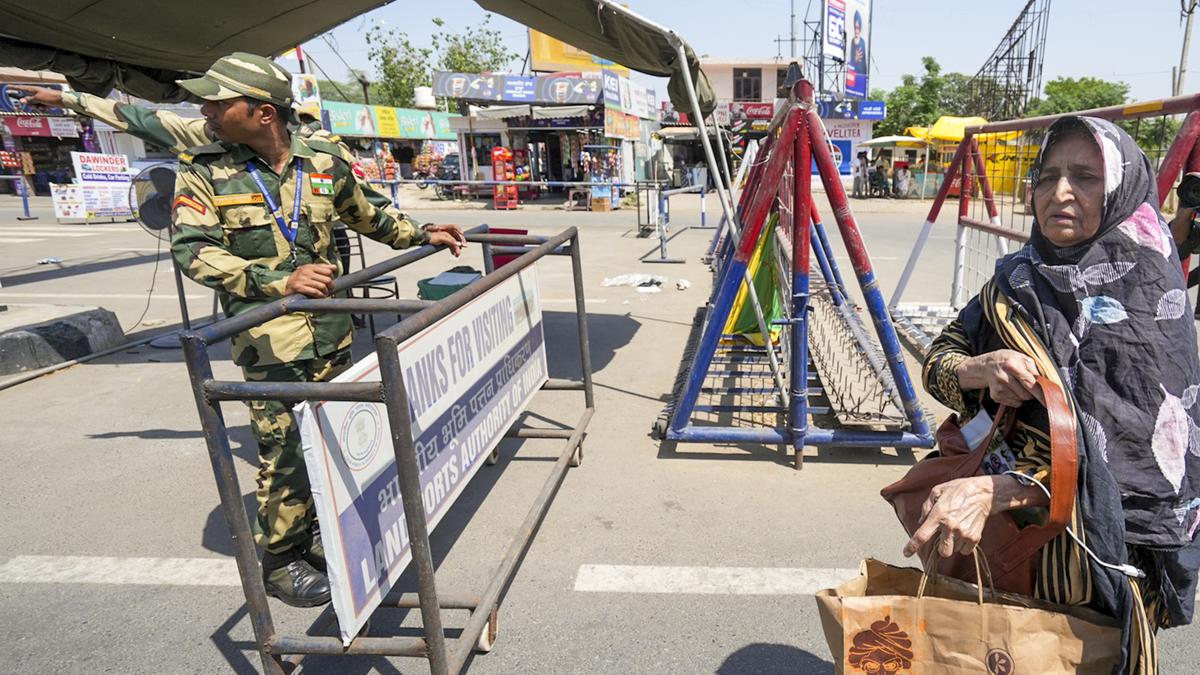
New Delhi: The govt is planning to launch a new scheme to incentivise the medtech or medical technology industry to manufacture components for digital X-ray, CT scan and MRI machines in the country.
Currently, most such components are imported leading to high cost of the devices and, therefore, the cost of medical imaging.
Pharma secretary Arunish Chawla, while speaking on the sidelines of an event – MedTech Stackathon – organised in New Delhi on Wednesday, told TOI the govt is making a renewed push to promote medical device manufacturing in the country with the introduction of new incentives.
“One of the incentives being planned is to give 20 per cent capital subsidy on marginal investment to select companies that are investing in manufacturing of components that are necessary to make digital X-ray, CT scan, MRI and other such devices,” Chawla said.
In the union budget 2024-25, the govt announced lowering of custom duty on X-ray tube and flat panel detectors, key components of a digital X-ray machine. Govt sources said a Phased Manufacturing Programme (PMP) was notified by the department of pharmaceuticals on Jan 22, 2021, to promote domestic manufacturing of medical X-ray machines and specified sub-assemblies /parts / sub-parts whereby tariff changes at an increasing rate were proposed in a phased manner.
However, a source said, the industry represented before the department of pharmaceuticals that manufacturing capacity for X-ray tubes and flat panel detectors is yet to develop in the country and requested for revision in the PMP schedule relating to these items.
“In this regard, after careful eXamination, it was found that it may take at least two years before sufficient domestic capacity is established for X-ray tubes and flat panel detectors to meet the domestic requirement. Thereafter, the department of pharmaceuticals requested the revenue department for revised rates which has been done now,” said an official.
MEDITECH STACKATHON 2024 is an eXercise being led by the department of pharmaceuticals in collaboration industry to identify critical issues hindering the development of the medical devices industry, such as import dependence, regulatory hurdles, and technological gaps.
“Currently, digital X-ray machines being imported from the US and China cost anywhere between Rs 18 lakh to over a crore. If the domestic manufacturing is successful, the same machines can be manufactured at much lesser cost which will eventually lead to reduction of imaging using this device. Also, it may become more feasible to ensure wider availability of X-ray machines, including at the primary health centres spread across the country,” Dr Harsh Mahajan, chairman and founder of Mahajan Imaging, who is also the chair of FICCI’s health services committee said.
India is known as the pharmacy of the world because of its generic medicines and low-cost vaccines. It has the highest number of United States Food and Drug Administration (USFDA) compliant Pharma plants outside of the USA. However, in the medical devices sector, the country remains heavily dependent on imports with nearly 70 per cent of the products being sourced from other countries.











![Best Weight Loss Supplements [2022-23] New Reports!](https://technologytangle.com/wp-content/uploads/2022/12/p1-1170962-1670840878.png)




